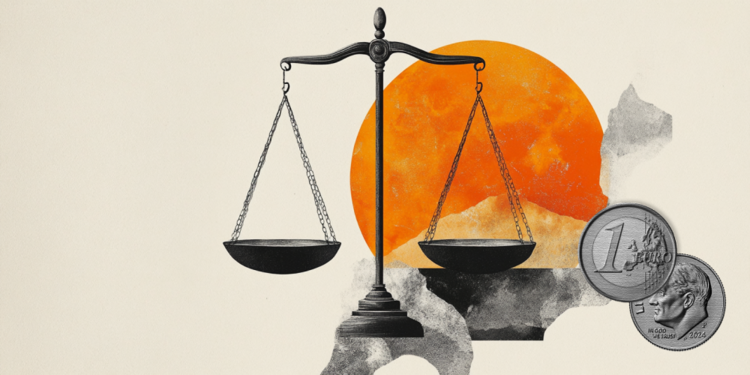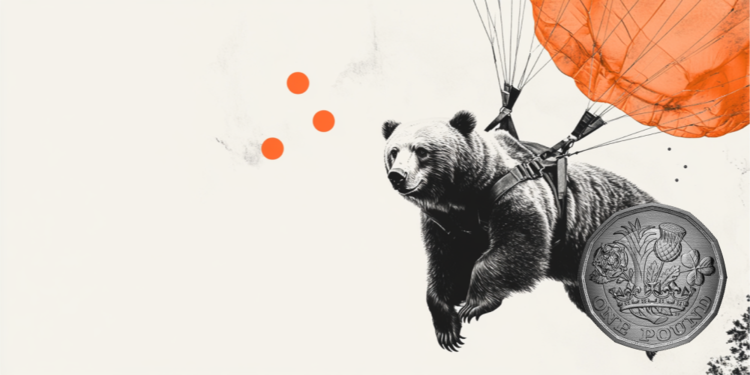The crowdfunding company Abacashi announced, this week, the purchase of the Brazilian platform Sharity for US$ 1 million (the equivalent of R$ 5 million). The objective, with the deal, is to become the largest platform in the crowdfunding sector in Brazil.
Since it was created in 2017, Abacashi has earned around BRL 60 million, with 50% of revenue coming from projects and personal causes, while the other half from B2B projects. With the merger, the company expects to earn over R$ 600 million over the next three years.
Despite managing to establish itself three years before the pandemic, the company took a leap right after Covid-19. According to data from the platform, the number of users went from 150 thousand in the pre-pandemic period to 1 million so far.
The merger between the two companies was agreed between French businessmen living in São Paulo for over 10 years, Dimitri Mussard and Nicolas de Virieu, founding partners of Abacashi, and Brazilians Gustavo Henriques and Thiago Balducci, founders of Sharity.
Brazilian entrepreneurs said they saw an opportunity in the pandemic to grow more than 500% of the company in collectively financed projects.
“In a simple, certified way, supported by impact reports and integrated with tax advantages that can be the basis of any strategy aligned with ESG criteria, companies will be able to create unprecedented ways to contribute to the main sustainable development goals of the UN, generating in addition to all this transformation, impact reports and certifications”, explained Gustavo Henriques, founding partner of Sharity.
Dimitri and Nicolas, from Abacashi, said that the acquisition takes place at an important moment to invest in Brazilian powers and resources, for collective financing and that it aims at a real change in the country’s social impact.
The duo also highlighted the intention to expand the tool throughout Latin America, and does not rule out new mergers.
“Our goal is to create the best impact crowdfunding platform in Latin America and lead the way for companies to have a powerful tool to enable actions aligned with ESG criteria, with certification and supporting data,” said the duo.
“We have plans for new acquisitions, but this time outside Brazil, we want to conquer Latin America”, they added.
Main causes chosen by Brazilians
According to the Brasil Giving Report 2021, a report that analyzes the behavior of donors in the country, the number of donations dropped after the emergence of Covid-19, but contributions to combating poverty increased.
The data released by the latest survey, which covers the year 2020, shows that 72% of Brazilians made at least one donation in the last 12 months. The number is lower than that recorded in the previous report, which covers the year 2019, in which 78% of respondents claimed to have contributed in some way in the period.
The most popular cause remains religion. Among the total, 43% of donors contributed to the Church or some other religious organization. In the previous survey, that number was 49%.
On the other hand, causes related to the fight against poverty have been highly preferred by Brazilians since the beginning of the pandemic.
The Brasil Giving Report 2021 highlights that causes related to the topic rose from 30% in 2019 to 37% in 2022.
The topic “children and young people”, which had 39% of preferences before, rose in this latest edition of the report to 32%.
Payment methods
Cash is still the most popular form of donation, but the proportion is decreasing. According to the Brasil Giving Report 2021, more people are donating online through their bank or credit card.
The survey highlights that this trend has likely been exacerbated by the pandemic, as three in five (59%) adults say they avoid using cash because of Covid-19.
Changes due to the pandemic
The pandemic, in fact, changed the profile of donations in Brazil. Two-thirds (67%) of respondents have responded directly to the pandemic with donation activities, with just over a third (37%) saying they have donated money or goods to civil society organizations (CSOs) or community services.
The pandemic has also highlighted the role that companies play in society. The report finds that 53% of people agree that companies have supported communities in the country during the pandemic, but a larger proportion (73%) believe they should have done more.
In addition, four in five (80%) Brazilians think the government should collaborate with CSOs, and more than three in four (77%) believe the government should provide financial support to those at risk of collapse.
Donor profile
During the global health crisis, all age groups and genders ended up responding to the crisis, although how people responded varies by age, according to the survey.
Those over 55 (30%) stood out as more likely to donate money to friends, family or people in their local community — more than double that of respondents aged 18-24 (13%).
Younger adults, on the other hand, deal better with CSOs, with 22% between 22 and 34 years old making some contribution, against 10% of the population between 45 and 54 years old.
They also use social media more to support others (13% for 18-24 year olds versus just 6% for those over 55).
In total, 7% used a charitable service offered during the Covid-19 pandemic, with the Northern region of Brazil probably most in need (14%).
Source: CNN Brasil
I am Sophia william, author of World Stock Market. I have a degree in journalism from the University of Missouri and I have worked as a reporter for several news websites. I have a passion for writing and informing people about the latest news and events happening in the world. I strive to be accurate and unbiased in my reporting, and I hope to provide readers with valuable information that they can use to make informed decisions.







